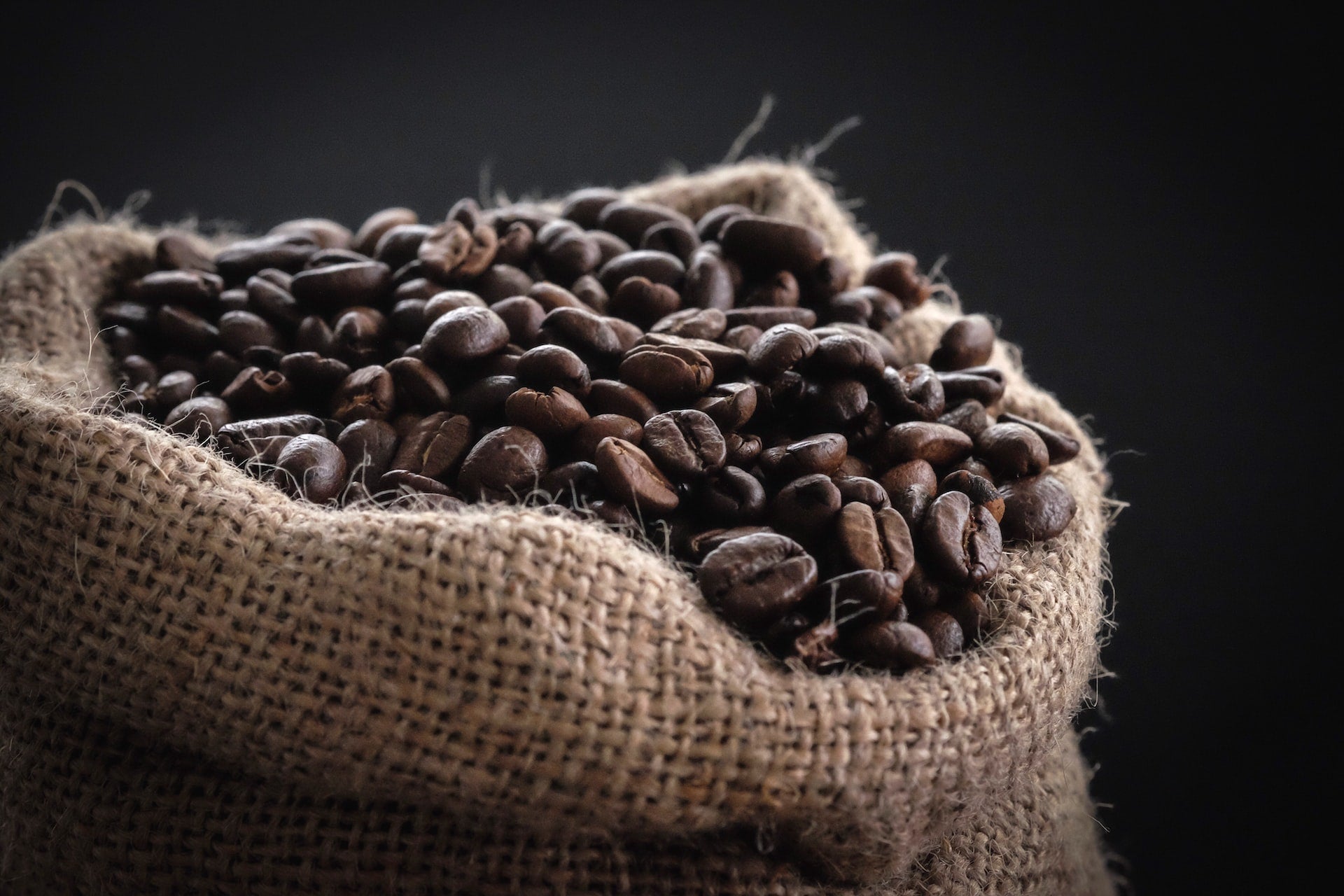Cinnamon is a beloved spice enjoyed by millions around the world.
Not only is it a common flavoring used in many different dishes, but cinnamon is also a reminder of the wonderful fall season with warm pies, apple cider, and pumpkin spice lattes aplenty.
What many people don’t know, however, is that cinnamon also has significant health benefits for both the brain and the body.
What is cinnamon?
Cinnamon is a sweet, warming spice made from the bark of trees originally native to China and Sri Lanka. The spice continues to play an important role in the herbal traditions of China, India, and the Middle East, with ancient traditions now being confirmed by modern science.
According to research published by the National Library of Medicine, cinnamon is an antioxidant, anti-inflammatory, antidiabetic, antimicrobial, lipid-lowering, and cardiovascular-disease-lowering compound. (1)
Does cinnamon improve brain function?
Here are the 5 ways cinnamon is good for the brain.
1. Cinnamon and brain health
Many studies suggest that cinnamon may be especially good for brain health.
The Rush University Medical Center in particular found that cinnamon encourages the process of learning and forming new memories. (2) Another study found that cinnamon protects the brain by helping the body deal with inflammation, stress, and high blood sugar symptoms. (3)
2. Cinnamon, memory, and learning
More and more people are discovering that solving puzzles, new learning, and socializing are great ways to keep the brain agile. (4)
But did you know that cinnamon may also help improve memory and learning?
Studies show that cinnamon has anti-inflammatory and immunomodulatory properties to support cognition. (5) What’s more, studies conducted by the Current Alzheimer Research found that cinnamon could have neuroprotective effects to protect against Alzheimer’s disease. (6)
Research conducted by Nutritional Neuroscience reiterates that cinnamon may aid preventative strategies for cognitive decline to improve cognitive function including learning and memory. (7)
However, more research is needed to substantiate any conclusions.
3. Cinnamon and inflammation
Chronic inflammation speeds up aging and wears down the whole body – including the brain. Inflammation is supposed to be the body’s way of protecting itself. But when inflammation gets out of control, our immune systems attack healthy tissues.
Unhealthy foods, sleepless nights, and stress all increase inflammation. Worse still, brain inflammation contributes to some kinds of depression. (8)
With better antioxidant action than 25 other common spices, cinnamon is proven to help support the processes in the body that manage inflammation. (9) Its high antioxidant content protects us from the effects of stress and is especially effective in reducing brain inflammation. (10)
4. Cinnamon and dopamine
Inflammation attacks the cells that produce dopamine: the chemical responsible for making us feel good and motivating us to seek out what we want and need. Dopamine decreases as we age, in part because of brain inflammation. (11)
Cinnamon encourages the brain to protect itself by increasing the production of the chemicals that stop inflammation from damaging the cells that make dopamine. (12)
5. Cinnamon, blood sugar, and the brain
High blood sugar is one of the major causes of brain inflammation. When blood sugar is too high for too long, the pancreas produces too much insulin. (13)
Insulin signals cells to take in sugar, and, when there is too much insulin, cells start ignoring it, resulting in insulin resistance: the root of type 2 diabetes.
Insulin and blood sugar both build up in the bloodstream, increasing inflammation, damaging blood vessels, and disrupting the brain’s protective barrier. Harmful plaques can build up in the brain itself, causing Alzheimer’s. Some doctors have begun calling Alzheimer’s disease “type 3 diabetes.” (14)
A Chinese study found that cinnamon lowered blood sugar and insulin in people with insulin resistance. (15) Healthy blood sugar leads to a healthier brain.
Best ingredient for brain health
Brain health requires healthy eating, plenty of good sleep, and physical and mental exercise. While we still have a lot to learn about cinnamon’s brain benefits, herbs and spices can be important parts of a diet that promotes brain health.
There are plenty of foods that boost your brain and memory – we compiled a list of them in our 15 Best Foods To Boost Your Brain And Memory blog. Research shows, however, that cinnamon is one of the best ingredients for brain health, helping to protect the brain by easing inflammation and supporting cognitive function.
How do you get more cinnamon in your diet?
Adding cinnamon to your morning diet is a delicious and healthy way to start your day. From tinctures to spiced foods, there are plenty of ways to incorporate cinnamon into your diet:
Delicious dishes
There are plenty of healthy foods you can incorporate into your meals each day – head over to our 30 Healthy Foods You Can Eat Every Day blog to find out more. Cinnamon is featured in many delicious dishes from the Middle East. If you enjoy new cooking adventures, try a Persian or Turkish cookbook and discover how those cultures have used cinnamon to complement the flavors of their chicken, lamb, and vegetable dishes.
Sprinkling
If you aren’t such an avid home chef, there are other ways to incorporate cinnamon into your diet. To save time and energy, try sprinkling cinnamon on your morning cereal, oatmeal, or as a kick of flavor on an apple slice snack. Fitness fanatics also enjoy adding cinnamon to their protein shakes and overnight oats.
Coffee
Cinnamon is the perfect complement to any morning coffee. Its sweet warmth balances coffee’s rich flavors and aromas, adding a delicious kick to any flavored latte to awaken the senses.
Coffee also has its own health benefits – more on that in our Guide to Coffee blog – making coffee and cinnamon the dream combo!
Super Brain Blend
Our best-selling Super Brain Blend instant coffee combines cinnamon with black pepper, lion’s mane mushroom, L-Theanine, and the finest gourmet coffee for a rich and flavorful experience that you’re sure to love.
Grateful Earth Coffee produces the only brain-health-focused coffee, and Super Brain Blend is the best-tasting functional coffee on the planet.
Grateful Earth Coffee
We believe the gifts of the Earth are made for healing body and soul. On a mission to share mother nature’s gifts, we create products using the transformative power of medicinal plants, tonic herbs, and powerful adaptogens to support a high-vibration, holistic lifestyle.
Reconnect with the natural healing gifts of the earth – try our Super Brain Blend.
FAQ
How much cinnamon is good for the brain?
Try to incorporate half to one teaspoon of cinnamon into your diet daily to enhance brain health.
What does cinnamon do for you mentally?
Cinnamon has various cognitive and neurological benefits. Consuming cinnamon regularly can help to boost dopamine, enhance memory function, reduce inflammation, and lower blood sugar.
What spices help brain function?
Tumeric, cinnamon, saffron, and black pepper are thought to improve brain function. Cinnamon is thought to be the most powerful antioxidant, however, with the potential to act as an anti-inflammatory, antidiabetic, antimicrobial, lipid-lowering, and cardiovascular-disease-lowering compound. (16)
Does cinnamon prevent dementia?
Studies led by Nutritional Neuroscience have found that regular cinnamon consumption may improve learning and memory. That said, further studies are needed before conclusions can be made. (17)







